Scientists Discover Startling Information About the Fate of Tropical Pacific Ocean Coral Reefs
Certain coral reefs in the tropical Pacific Ocean, according to researchers from the University of Miami Rosenstiel School of Marine, Atmospheric, and Earth Science, may persist far beyond the year 2060. This is a pleasant exception from the ocean of mostly negative predictions for reefs throughout the globe.
For the ocean and the earth, coral reefs are crucial ecosystems. Even more so than tropical rainforests, they sustain a huge number of species. Reefs, sadly, are also in trouble. Ocean acidification and catastrophic ocean temperature rise brought on by climate change both endanger coral health. According to the World Economic Forum, without immediate climate action, 99% of coral reefs might vanish in this decade.
The new research provides a “ray of optimism” since it suggests that certain reefs in the Eastern Pacific may be able to adapt to changing environmental factors, such as warmer ocean waters, and sustain high coral cover throughout the second half of this century. Coral cover is a measurement of how much of the ocean bottom is covered by live coral tissue, and it provides a clear picture of how well the reef ecosystem as a whole is doing.
Polyps, the individual coral creatures, are dependent on an alga called zooxanthellae that they host in their tissues in order to survive. Via photosynthesis, the tiny algae assist their coral hosts in turning light into energy. The coral then utilizes this energy to expand while maintaining a safe environment for the algae.
The University of Miami researchers claim that certain corals boost their tolerance to heat by rearranging the zooxanthellae populations that exist inside each of their individual polyps in the current study.
“Our results suggest that some reefs in the eastern tropical Pacific, which includes the Pacific coasts of Panama, Costa Rica, Mexico, and Colombia, might be able to maintain high coral cover through the 2060s,” said coral biologist and lead author of the study Ana Palacio-Castro. “However, while this may be seen as good news for these reefs, their survival may not continue past that date unless we reduce global greenhouse gas emissions and curtail global warming on a larger scale.”
The researchers analyzed temperature, coral cover, bleaching, and mortality data across three heatwaves (1982–1983, 1997–1988, and 2015–2016) in comparison to data on algal symbiont communities during the latter two. This analysis involved looking at over 40 years’ worth of coral reef monitoring data from Panama, which is an incredibly long dataset when compared to other places in the world. This aided in their understanding of how corals increase their ability to withstand heat stress.
The 1982–1983 heatwave had a substantial impact on the coral cover on the reef, but their investigation revealed that the subsequent two heat waves were gentler, notably for “cauliflower corals” of the species Pocillopora. The ecology of the eastern tropical Pacific Ocean depends on these coral reef builders. The researchers also showed that during intense ocean heatwaves, the heat-tolerant alga Durusdinium glynnii becomes more prevalent in this specific coral lineage, enabling its hosts to more easily tolerate periods of high temperatures.
The reefs dominated by Pocillopora corals that contained the heat-tolerant alga were shown to be better suited to survive and sustain high levels of coral cover long into the second half of the present century when future climate forecasts and their resulting heat stress levels were combined. This encouraging discovery suggests that certain reef systems may be more tolerant of warming than previously believed.
Rosenstiel School professor and senior author of the study Andrew Baker says, “While we don’t think that most reefs will be able to survive in this way, it does suggest that vestiges of our current reefs may persist for longer than we previously thought, although potentially with many fewer species. Coral reefs are incredibly valuable natural assets, providing coastal protection and fisheries benefits, and supporting many local communities. We can still make a difference by protecting them.”
Disclosure: This post may contain affiliate links, which means that DIVEMONDO may receive a small commission if you make a purchase using these links. As an Amazon Associate this website earn from qualifying purchases.

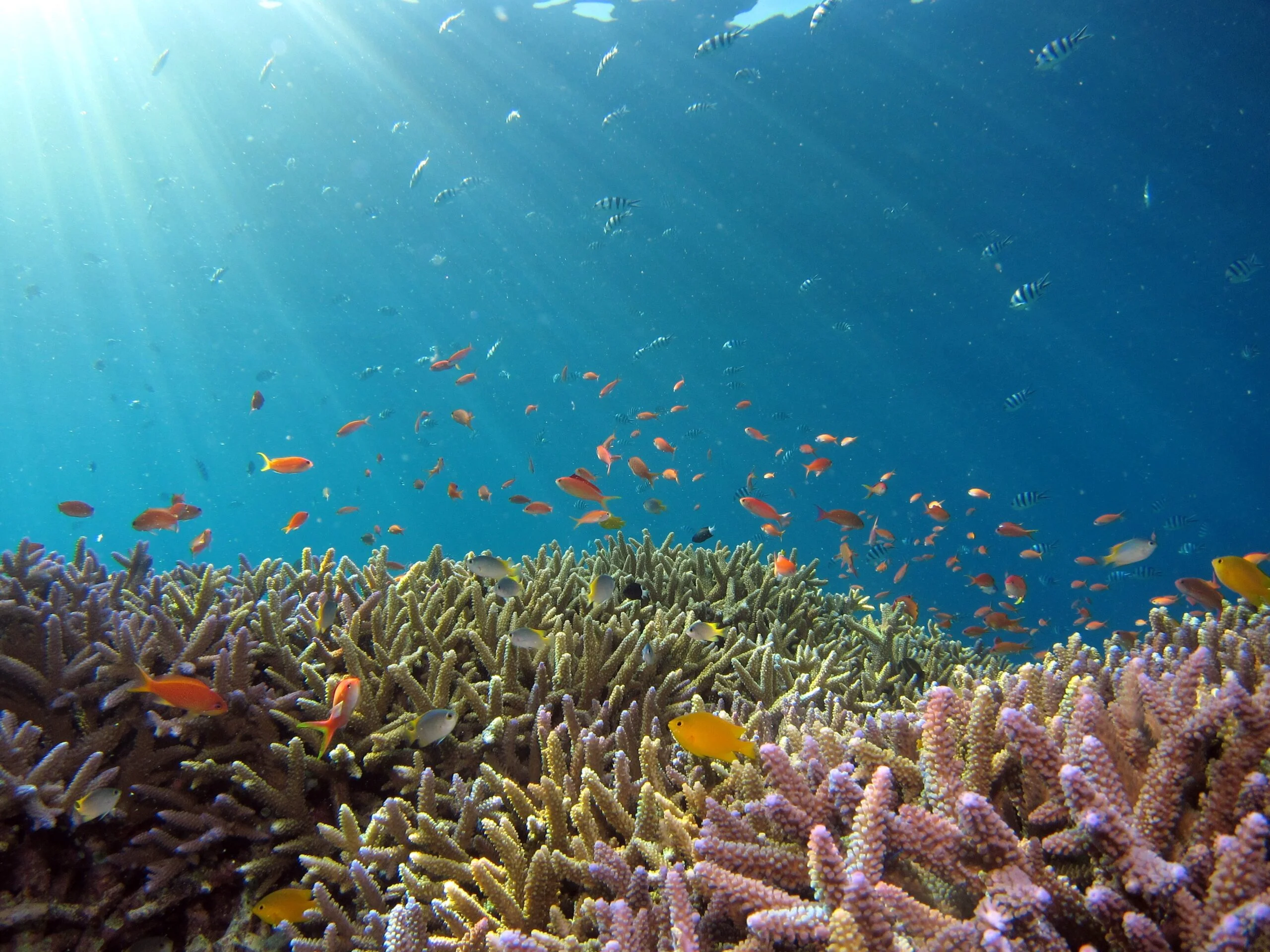
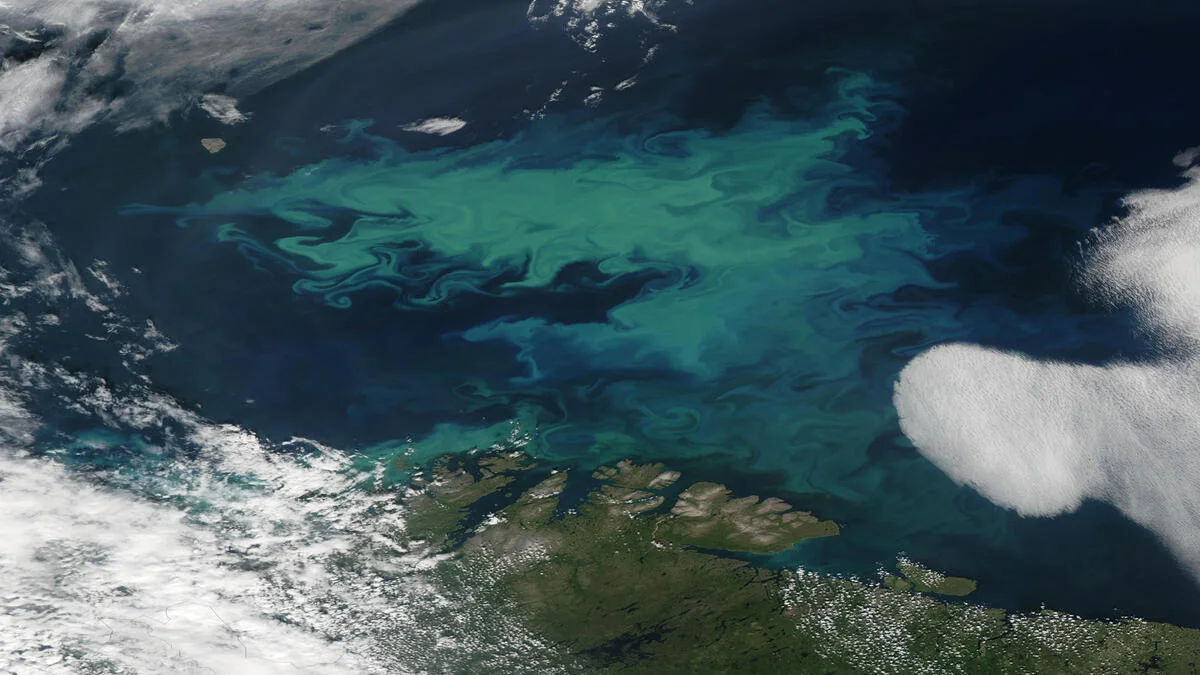

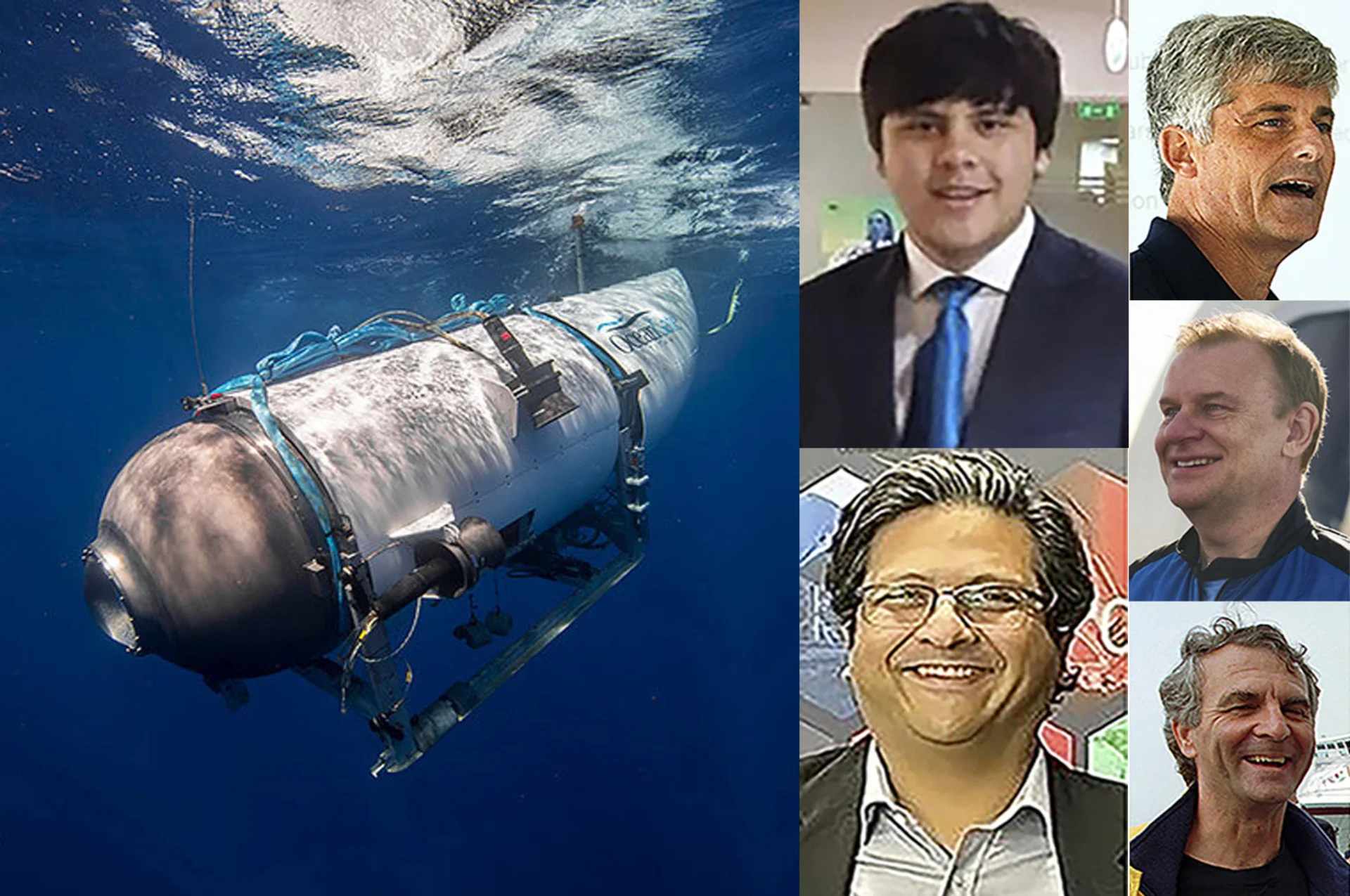
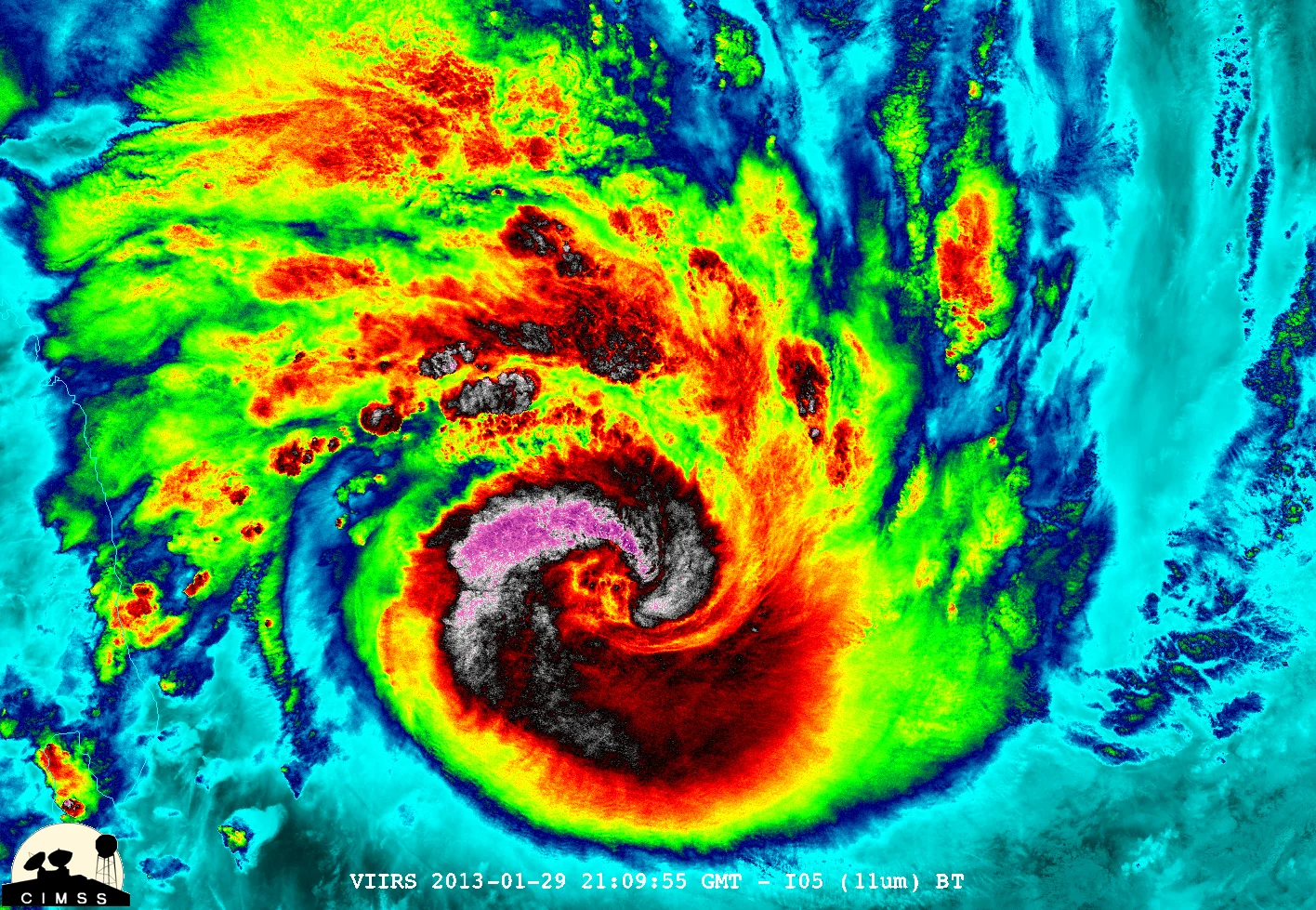
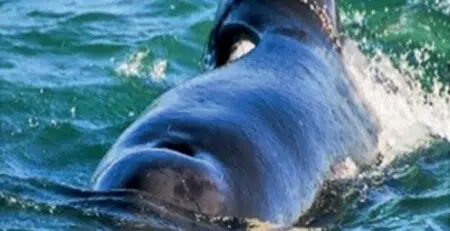
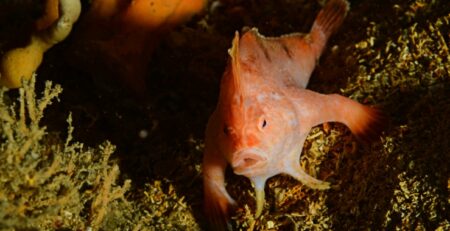
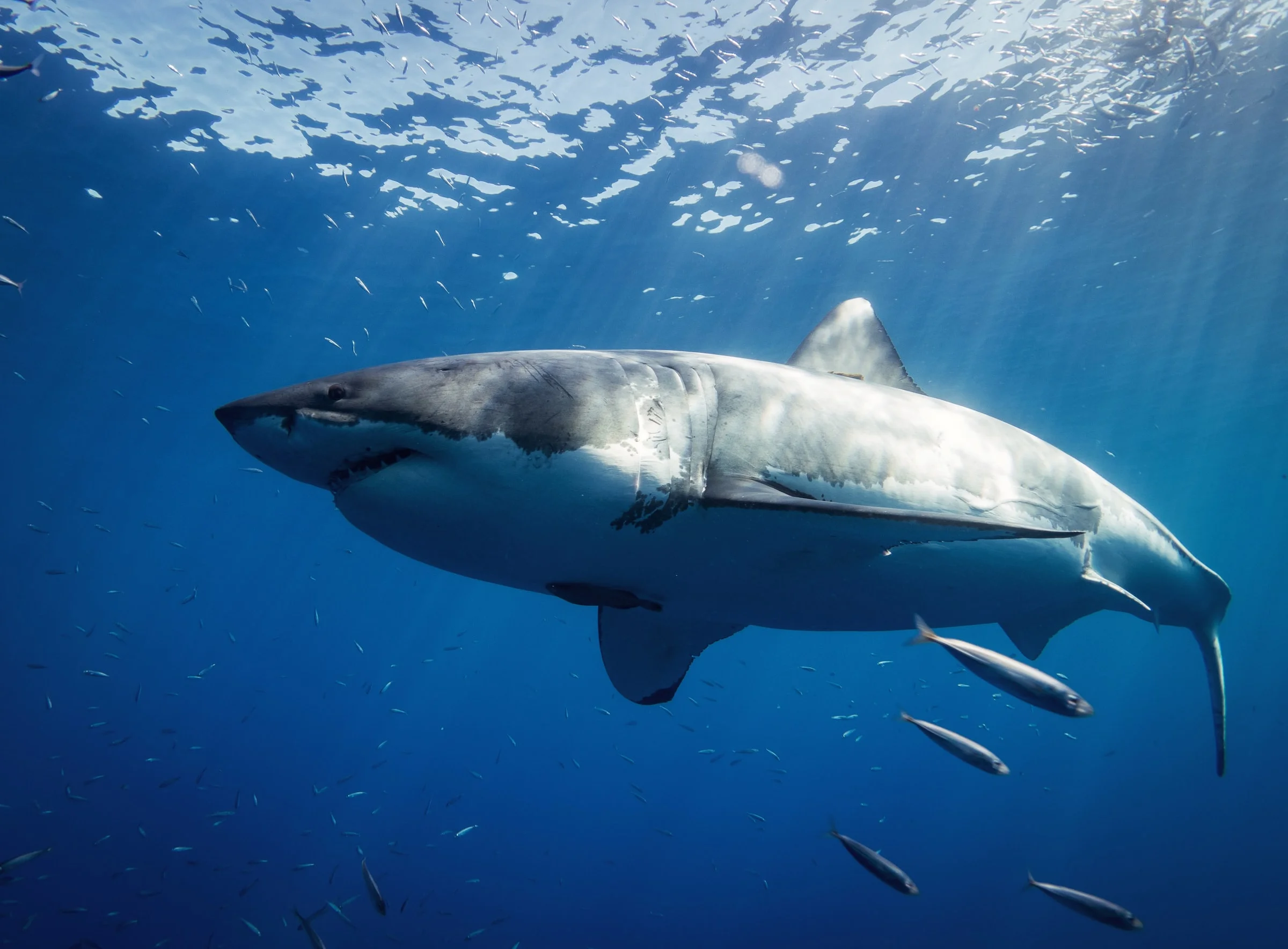


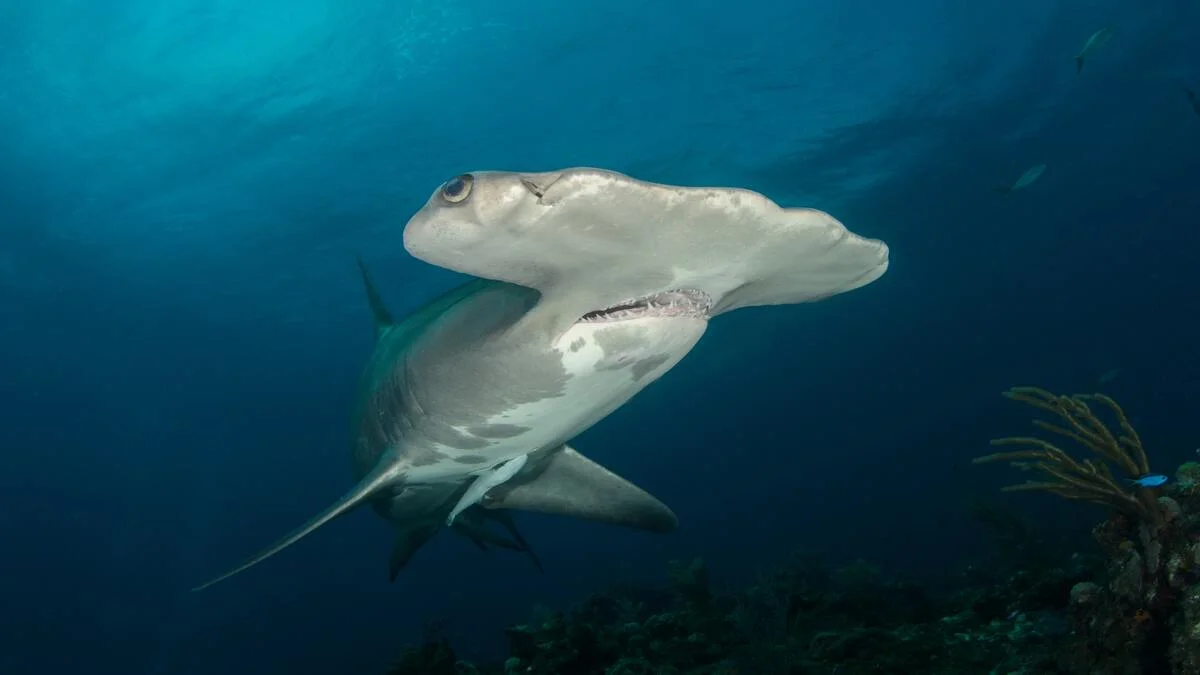

Leave a Reply